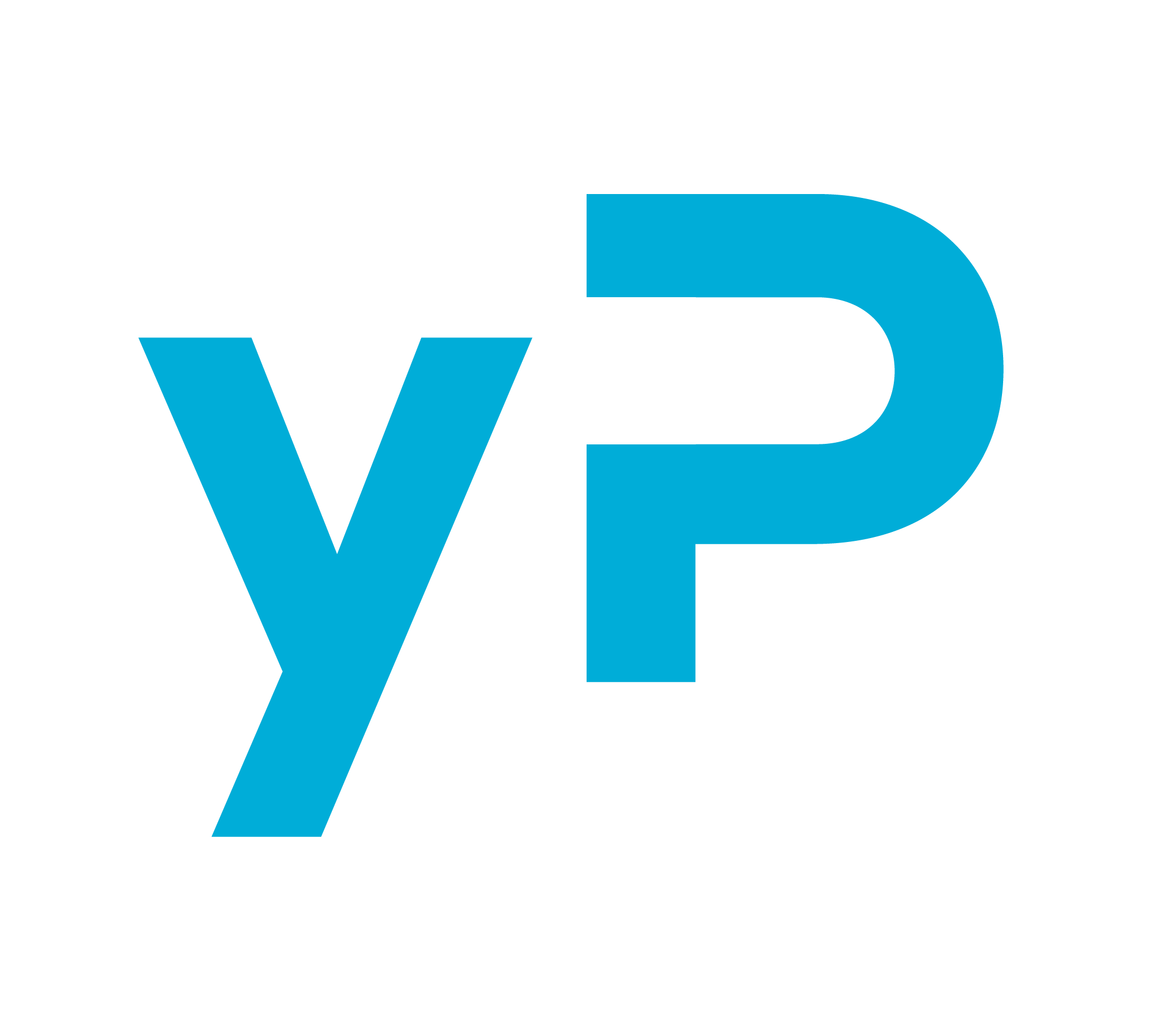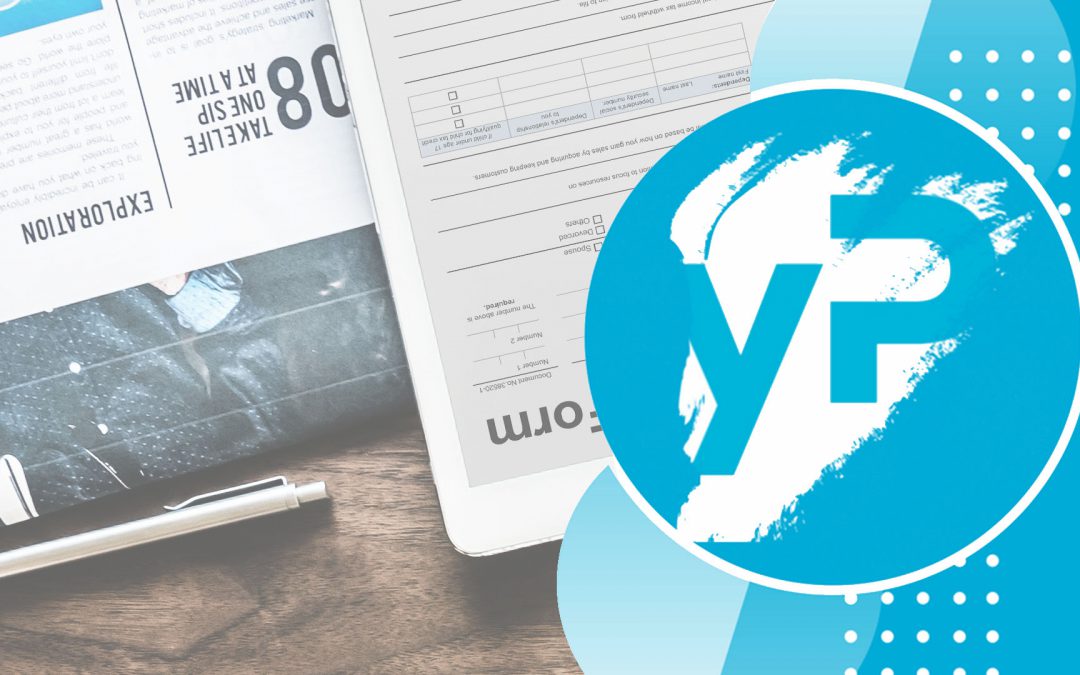Building an efficient distribution strategy for a hotel is a challenge that many hotel managers are facing today. Fierce competition they encounter on the market pushes them increasingly more frequently to take risk and reach out for entirely new markets and segments. On-line travel agencies (OTA) are usually an indispensable ingredient of such strategy but reliance on this channel cannot guarantee success. How to reach a completely new group of clients? How to conquer new markets and improve operating parameters of a hotel?
The ongoing globalisation and the overwhelmingly rapid emergence and growing accessibility of new technologies are the key factors that make conquering new markets much easier today than it used to be the case just a few or a dozen or so years ago. This applies to tourism as well as to any other industry. Reaching prospective clients with, and personalization of, an offer have never been easier, which is true of activities undertaken by hotels both directly and through intermediaries (such as OTA). However, relentless experimentation, optimization of efforts and continuous adaptation of distribution strategies to changing business environments and evolving preferences and expectations of clients remain the key to success – all that in the face of stronger than ever competition. The use of advanced technologies by the tourism and hotel industry has boosted the growth of the market, and has made much easier the travel planning process itself. Mobile devices have almost replaced desktop PCs from communications between hotels and their clients. Almost everyone has a smartphone today, so hotels can use the GPS tracking facility to inform their clients in an instant of any delay or change in the bookings and, further, efficiently distribute any promotional material.
The growth of the Internet and its widespread use for planning travel have changed the hotel industry beyond recognition. The first contact of a prospective client with a hotel is still often established by visiting the website of the hotel as the interface for the visible part of the booking process. What is important, this form of booking is the most desirable one because there are no commissions for intermediaries of any kind. Effective building of on-line advertising, social media and content marketing for attracting as many prospective clients as possible to the website of the hotel is crucial to this process. Considering the number of boarding facilities, from large international chains to small independent hotels, which are very active on the Internet today, pursuing an efficient on-line marketing strategy is not as simple as it would seem. On the contrary: it is very difficult and, in addition, more costly from year to year. So, how to prepare for winning new markets? What to remember? What mistakes to avoid?
#1 Identify your target group
There are many ways to source new clients and thereby win entirely new markets. However, the hotel needs to pinpoint it target group before proceeding to the drafting of a marketing and distribution strategy. This is so because different solutions will work for domestic clients than for international ones.
The use of services of on-line travel agencies (OTA) is one of the most effective and least expensive ways of reaching new clients and winning new markets. Tapping on the global coverage of well-established international OTA brands will enable a hotel to diversify its client base and reach entirely new segments and markets. However, to succeed, the hotel needs to define, and learn as much as possible about, the target group before partnering with any OTA for pursuit of the hotel’s distribution strategy. The more accurate definition of the target group, the better odds for coming up with the right marketing and distribution strategy.
#2 Define your strategy
Any campaign aiming at winning new markets and reaching new client segments has to be carefully prepared, so that clients are not only captured but also retained. This calls for a thorough examination of requirements and expectations of the selected target group and for drafting of a proposition maximally suited to these demands: different for business than for tourist clients, as well as different for people who seek a hotel for 2 or 3 nights than for longer-term guests.
Accordingly, to pin-point requirements of a new target group, the hotel may need to personalize its service menu, for instance by throwing in attractive packages for longer-stay clients or by investing in availability of complementary services, such as conference facilities. The planning should be careful, as is the case with any business strategy. No massive investment of effort or money in attracting new clients will make any sense unless the hotel already has an attractive offer in place.
#3 Prepare your action plan
The strategy, once it has been defined, has to be translated into a detailed action plan suitable for implementation, split into a series of individual tasks with assigned priorities, personal responsibilities and deadlines. It is also a good practice to identify all stakeholders and to define milestones for review and wrap-up of the hitherto progress of the plan.
Drafting of the plan is a critical phase and the process should be sufficiently thorough to prevent the taking of hasty decisions or actions. Chaotic or ill-considered steps can cascade into a number of mistakes, the remedying of which could turn out to be very costly or time consuming.
#4 Monitor your performance and optimize your strategy
Specific actions dictated directly by the adopted strategy and by the finished action plan are the last step to the winning of new markets and to the reaching of new groups of clients. Given that the hotel service market is very dynamic and competitive, implementation of the plan should be followed and optimized on regular basis.
OTAs can help in reaching the targeted groups of clients, so partnering with them can be worth the cost and effort. There are myriads of them today. They range from global companies with world-wide recognition to small local offices serving their niche markets. One concern is that although the theoretically desirable representation of the hotel by large and most popular OTAs can warrant the reaching of a really huge population of prospective clients, the actual rate of conversion could be very disappointing. Also, the booking acquisition costs can be higher than average. This is one of the reasons why smaller or niche agencies should not be automatically dismissed. While they have an incomparably smaller reach, they also face less competition, which can translate into better conversion rates.
Accordingly, flexibility and openness to experimentation seem to be the right approach to the successful building of a winning distribution strategy. Also, daily monitoring of operating performance and of cost-effectiveness of conversion is critical to the financial bottom line.
#5 Make sure your distribution strategy is effective
Inclusion of OTAs in distribution strategies is a necessity of the times because these organizations are professionals that stay on the top of changes in travelling habits and keep ahead of advanced mobile booking technologies. Although having clients book directly, via the hotel’s website, is more profitable, free from substantial agency commissions, the fact is that OTAs tend to contribute a two-digit per cent share of bookings and the volume of business they bring to hotels is becoming more important from year to year.
When relying on OTAs as part of the hotel’s distribution strategy, one should ensure to take maximum advantage of this distribution channel. The hotel should always “dress up” for its clients to keep them from going to the hotel’s competitors. High quality visuals, combined with a detailed description of the hotel, can do miracles and contribute directly to the hotel’s operating margins. According to a study by Expedia, the doubling of the number of photographs on an OTA’s website can increase the booking ratio by 4.5% and ADR by USD 3.5! A professional, keyword-optimized description of the hotel can improve the results even further: by 5.0% and USD 5, respectively. Considering these improvements, it is worth hiring a professional photographer and ensuring that the description of the hotel is appealing and up to date.
However, even best visuals and narratives will not translate into a high number of bookings unless the hotel has good credentials and high general ratings. It is clear from studies that hotels with large numbers of reviews get the lion’s share of the clientele. Comments published by guests on OTAs’ websites should be monitored in real time and never left without response. Each critical or favourable review should be answered within 24-48 hours to minimize negative effects of a negative opinion and, in the case of a positive opinion, to reinforce the impression of genuine care for guests and their well-being even after their stay ended. This follow-up can pay off rapidly in the form of a higher conversion rate: a growth of almost 1.5% for more than 50 recommendations.























![Smart Strategies to Boost Hotel Revenue [event in Warsaw]](https://www.yieldplanet.com/wp-content/uploads/2019/01/reviewproevent-1080x628.jpg)



